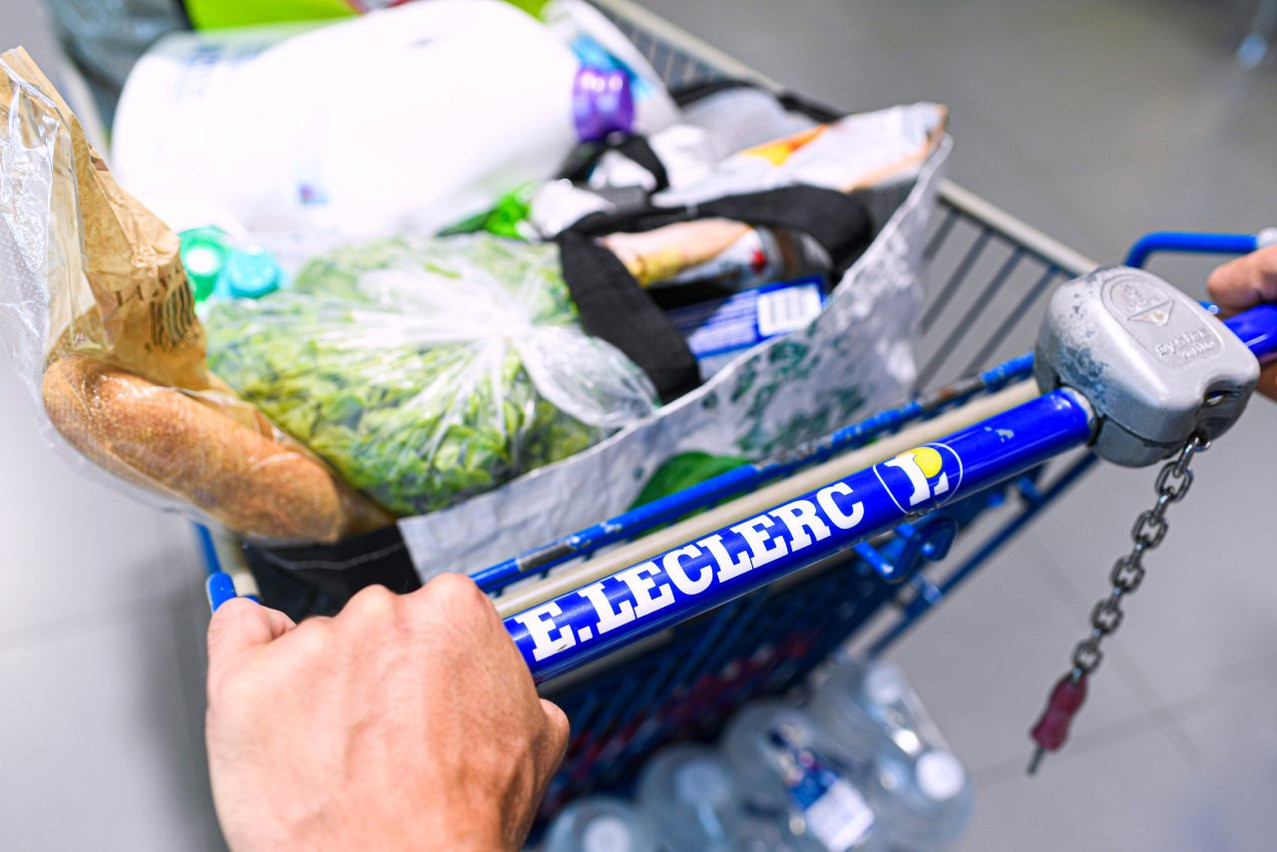What will Luxembourg’s retail landscape look like in the next few years? Will the cards have been reshuffled and marketshares resplit? The question has been on the minds of the country’s big retailers ever since an agreement was for the French group Leclerc to buy the 27 or so outlets owned by the Belgian group Louis Delhaize (which is in the process of dismantling its international operations). These include two Cora hypermarkets (Foetz and Concorde) and 25 supermarkets and convenience stores under the Match and Smatch banners.
Owner Michel-Édouard Leclerc himself immediately posted an enthusiastic message on his personal blog, congratulating the successful transaction, which was carried out mainly by managers in the Champagne-Ardenne and Lorraine regions. It is an operation that has become commonplace. With a 23.5% marketshare, 2022 sales of €43.9bn (excluding fuel) and 754 shops in France, Leclerc is also making significant inroads abroad. After Poland (more than 40 locations in over 25 years), Portugal (21), Spain (13), Andorra (5) and Slovenia (2), Luxembourg is its sixth international market.
A “gradual” roll-out
Caution and confidentiality being the watchwords when it comes to major manoeuvres, the issue remained under the radar for many months after the summer. That was until the OGBL spoke out on 17 November on the fate of the 1,200 employees affected by the takeover (Leclerc has undertaken to maintain their jobs). This was an opportunity to learn that the official signature with Delhaize had taken place two days earlier, without any fanfare.
As for the rest of the timetable, we must wait and see. The only certainty is that Leclerc’s absorption of the Cora, Match and Smatch brands will take place “gradually.” “It has been explained that 2024-2025 will be the key period,” said a source close to the transaction. The amount of the transaction has not been disclosed.
Fair play
In the meantime, the dozen or so players present in the sector in Luxembourg are watching, listening and surveilling. And remaining discreet. Such is the case with Cactus. When approached for comment about the French retail giant, the management of Luxembourg’s oldest retailer (56 years of operations) keep to its traditional playbook: “Cactus doesn’t want to talk about its competitors, it’s not our habit.”
Auchan, the other French player in the Luxembourg market, has been running since 1996. As a preface, the brand said it was “reassured” that “all Cora-Match staff and shops will not disappear.” It went on to state, with a touch of fair play, that “it’s good news for the market to have a new economic player in the area.” As for the rest, “we’ll be in a better position to respond when we know the extent of Leclerc”s rollout and when we have more details about the situation.”
The price issue
From this rather minimalist communication at this stage, one thing is clear: neither Cactus nor Auchan use the term ‘competitor.’ And this is not just a courtesy or an exercise in diplomacy. On paper, in fact, Leclerc has everything it needs in the shopping basket to pose a threat, rising from the outset to become the new number 3 food retailer in terms of number of outlets, behind Cactus (74 shops) and Delhaize (58), but ahead of Aldi, Auchan (18 each) and Lidl (13). Location is a crucial issue in retail. But there’s a big gap between Cactus and Auchan. That’s because the three brands occupy very different niches.
Leclerc has always prided itself on being aggressive on price. This is the key to its leadership in France. It will be no different in Luxembourg, which could help draw in French cross-border commuters, who are already familiar with the group. There are a substantial number of commuters coming by car and train every day, representing a potential windfall. The skilful communicator that is Michel-Édouard Leclerc slipped a hint about this into his online post.
To each his own
Moral: if there is to be a showdown in the future, it is above all in the discounters’ camp that we need to look for rivals looking to put up a fight. Starting with Aldi, Lidl (13 shops) and Colruyt (6). Does the sudden appearance of Leclerc represent a (nasty) surprise for them? “Retail is a competitive world, so we’re used to competitors coming and going,” said Jean-Christophe Burlet, regional director of Colruyt in Belgium. “We understand that competitors are interested in the Luxembourg market.”
“There’s room for everyone,” stated Pierre-Alexandre Rocour, managing director of Aldi Luxembourg. “The arrival of Leclerc is seen neither positively nor negatively. When a new player appears, whether on the grand duchy’s territory or in other countries where we are present, we continue to follow our philosophy and our strategy as a discounter, with our own path.”
“For Colruyt, not much will change,” Burlet continued, “we will always continue to do what we do, which is to offer the best prices to our customers, for every product, at every moment.”
At the time of publication, Lidl had not responded to a request for comment.
“If customers don’t buy in…”
In addition to prices, the professionals interviewed expect Leclerc to use “strong marketing features” on image and product advertising. “They should copy and paste” the commercial practices and plans of attack observed in France, they suggest.
But “France is not Luxembourg,” warned Rocour: “We need to know what direction will be taken and how customers will respond on the ground. You can come up with the best idea for a discounter, but if customers don’t like the products, don’t like the image, don’t like the brand, that’s no guarantee of success."
So is this a daring move or guaranteed success story for Leclerc? In Luxembourg’s retail sector, the questions are only just beginning to be asked.
Originally published in French by and translated for Delano
